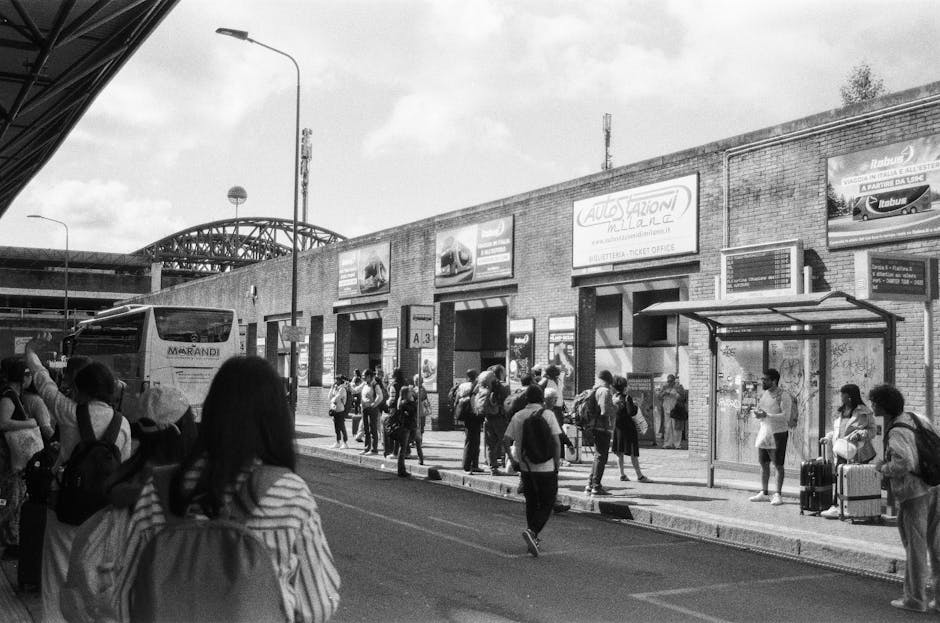It’s a sombre day in the world of Indian storytelling. Piyush Pandey, the man who gave a voice to our aspirations, our quirks, and our collective heart, has passed away at the age of 70 after a brief illness. To call him an ad-man would be a gross understatement. Piyush Pandey was a cultural architect, a national narrator who used 30-second spots to build a legacy woven into the very fabric of modern India.
The news of his demise feels less like the loss of a corporate figure and more like losing a beloved family storyteller.
A National Narrator, Not Just an Ad-Man
For a generation of Indians who grew up in the post-liberalisation era, Pandey’s work wasn’t just advertising; it was the background score to our lives. He didn’t sell products; he sold feelings, memories, and a sense of belonging. Through his work at Ogilvy India, where he rose to become Chief Creative Officer Worldwide and Executive Chairman India, he put Indian creativity on the global map.
The Iconic Campaigns That Defined a Generation
Pandey’s canvas was vast, but his brushstrokes were always distinctly Indian, creating campaigns that are now cultural touchstones.
-
Cadbury’s “Kuch Khaas Hai”: Remember the uninhibited joy of the girl dancing on the cricket pitch? In that one moment, Pandey didn’t just sell chocolate; he liberated female expression and celebrated pure, unadulterated delight. It was a revolution in a jingle.
-
Fevicol’s Unbreakable Bonds: In his hands, a simple adhesive became a metaphor for the enduring spirit of India. The overloaded bus, the generations-old craftsman’s box—these weren’t commercials; they were hilarious, heartwarming short films celebrating our ‘jugaad’ and community spirit. He made Fevicol a verb.
-
Asian Paints’ “Har Ghar Kuch Kehta Hai”: He understood that a house wasn’t just bricks and mortar; it was a silent witness to our lives. He sold paint by honouring the sanctity of the Indian home, creating an emotional connection that lasts to this day.
The Authentic Voice of Everyday India
Pandey’s genius lay in his authenticity. A former Ranji Trophy cricketer and tea-taster from Jaipur, he found inspiration not in global marketing manuals, but in the bustling lanes and conversations of everyday India. He championed the use of Hinglish, making it aspirational and cool. He believed in the power of a simple, powerful idea, proving that you didn’t need complex jargon to touch a million hearts.
This unique ability to connect with the Indian masses earned him the prestigious Padma Shri in 2016, one of the nation’s highest civilian honours.
A Legacy Beyond Commercials
His influence extended beyond consumer goods, most notably into the political arena with the game-changing “Abki Baar Modi Sarkar” campaign in 2014. The catchy, powerful slogan demonstrated his unparalleled ability to capture the public mood and craft a message that resonated with stunning force across the country.
Piyush Pandey is gone, but his voice will never fade. It echoes in the nostalgic tune of “Mile Sur Mera Tumhara,” in the playful bark of the Hutch (now Vodafone) pug, and in the very idea that an advertisement can be a piece of art. He taught a nation that its own stories were worth telling. Today, the world of advertising has lost its maestro, but the unbreakable bond he forged with the Indian psyche will surely live on.




